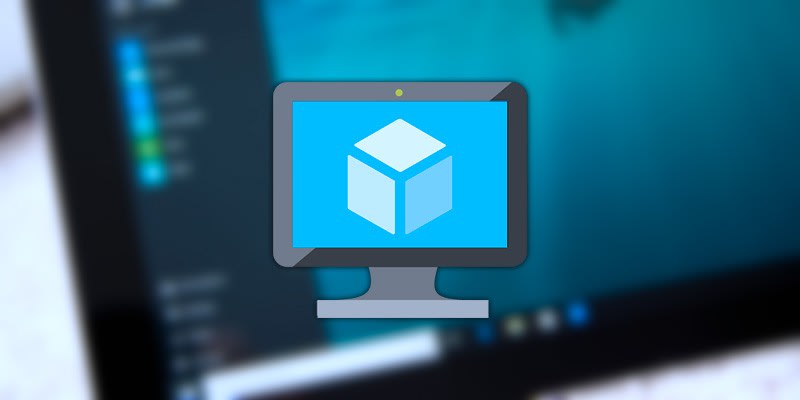

The reason why Port Forwarding helps is that it tells your Router that if the peasant use this port number, do not block them from entering the mansion. The moral of the story is even if you aren't lagging with your connection to DFO and you can play solo just fine, does not necessarily mean you can party and not lag with others! And thus, you lag and lose connection in your party! "***** Peasants! How dare you set afoot on this noble estate! Know that you are NOT welcome here!". But when peasants come to the gate, the router takes out a shotgun and kills them. The router, after a brief look over, says "You can go through, noble DFO." And so DFO goes through and meets with you in your mansion. Your Router notices the noble (DFO) go up to the gate. DFO is a noble (trusted IP address) while random people are peasants. Imagine your Router as the gatekeeper to your mansion (Computer). Still doesn't make sense? Then let's use an analogy. Forget lag, you'll lose connection at that rate! The router goes berserk and destroys all packets from this.random IP address. While your Router might trust DFO's servers and allow connection with minor delay, how about a random peer? What happens when you party? Easy answer. But in a P2P game, this is especially severe. Every delay of the packet in a game increases lag. This normally happens in nanoseconds so you normally don't have to worry about it.īut for games, this is different. So, if you connect to, your router inspects every packet sent from Google to your computer before you get it yourself. Normally what occurs when you create a connection (to anything) is that your router inspects every packet sent from that source to you. The reason why port forwarding helps improve connectivity is simply because it allows you to have constant connection to DFO without having to worry about your Router's security. Setting up port forwarding is a bit more complicated but it isn't too bad either. Check that off and type in the two google DNS server IP addresses (listed above). Here, you'll see at the bottom "Use the following DNS server addresses".Click on Internet Protocol Version 4 and go to properties. Pick the one you are using on your network, it's probably either local area connection or wireless network connection. Here, you'll find a list of network adapters (or just one adapter).After opening up Network and Sharing Center, on the left hand side, click on "Change Adapter Settings".

Find Network and Sharing Center (type network into the search bar).However, some really smart people back in the day realized that having everyone remember the IP addresses in order to access websites would suck! So they created a DNS server, so you can just type in instead of and the DNS server will translate your request to the IP address for you. Every web address, for example, is just an IP address. On the internet, there is no such thing as 'names' technically, as everything is about IP addresses. Just in case you are unaware, a DNS server stands for Dynamic Name Server and it's just a translator. Every stop along the way is a 'hop' and slows down the time it takes to arrive at your destination. For instance, imagine you have to travel from New York to Florida. If you set up your DNS servers to be Google's DNS servers, you'll get a shorter number of 'hops' to your destination. Setting up a custom DNS server is beneficial for many reasons. In any case, I felt I should release this guide earlier than the other ones I'm working on since.earlier the better when it comes to improving your overall party experience! So, let's get started. I'll elaborate a bit more on the conceptual stuff here since I find the topic fascinating.

Hey, guys! It's Rise again with a surprisingly simple guide! If you are confused at any part of this text guide, feel free to refer to the video itself. Port Forwarding and Google DNS Guide Video


 0 kommentar(er)
0 kommentar(er)
